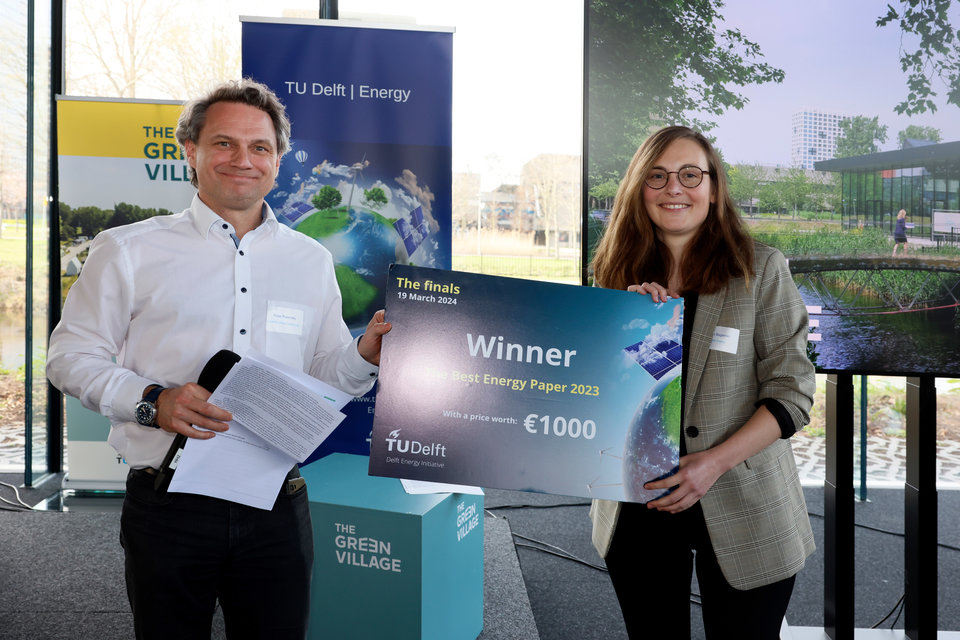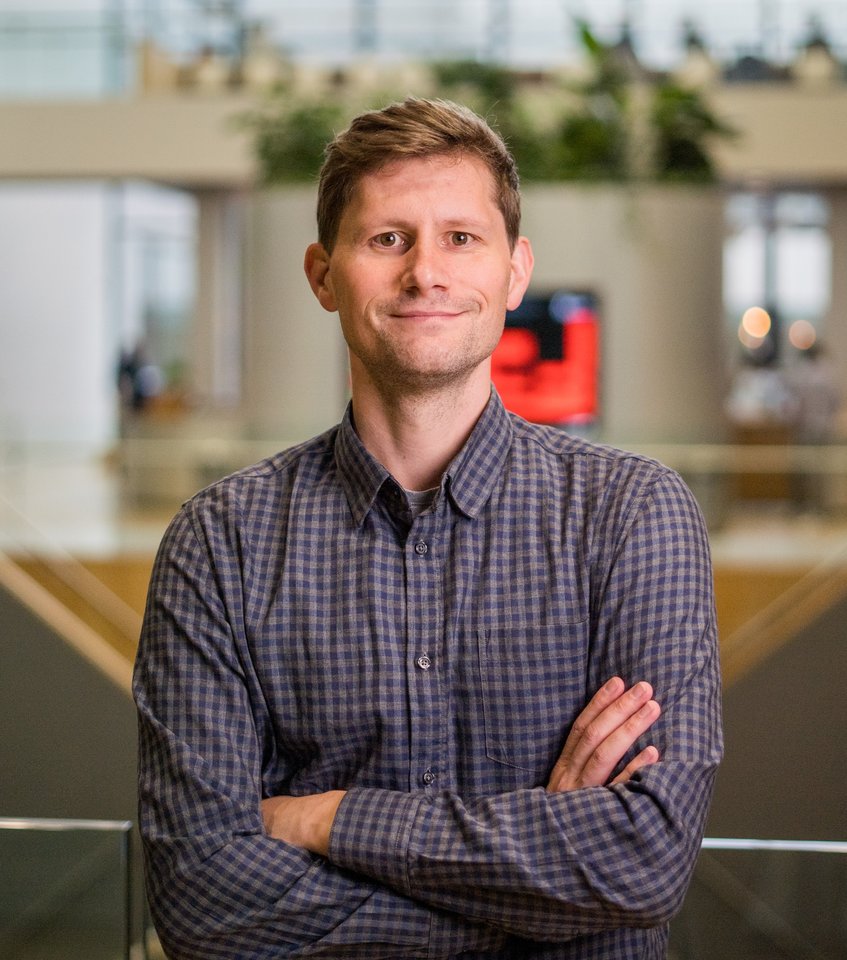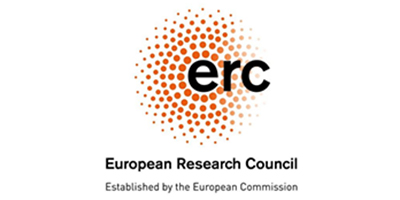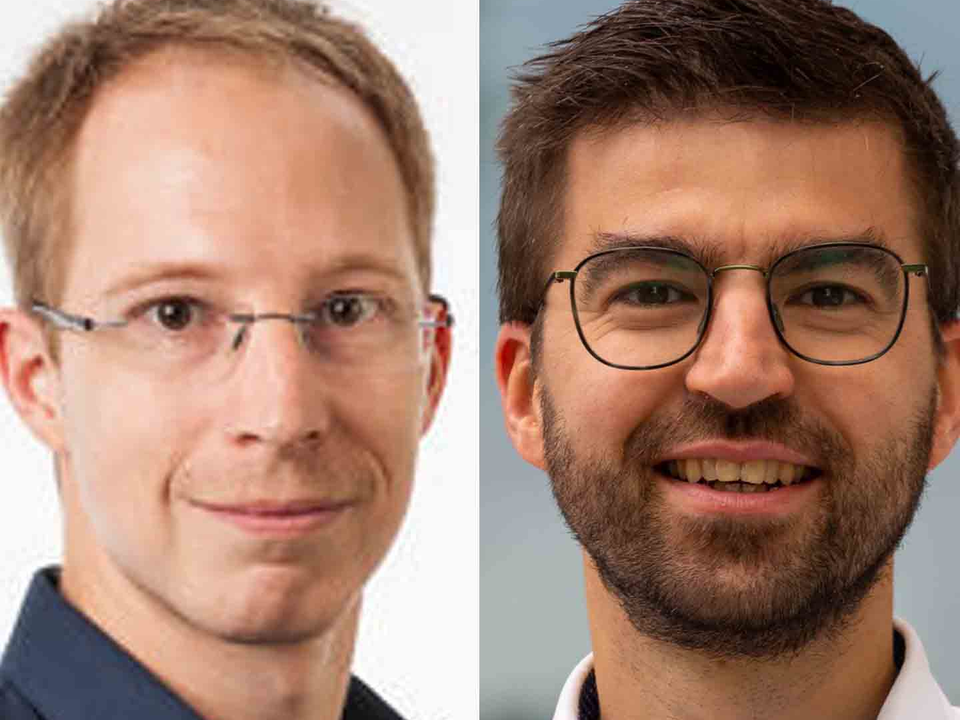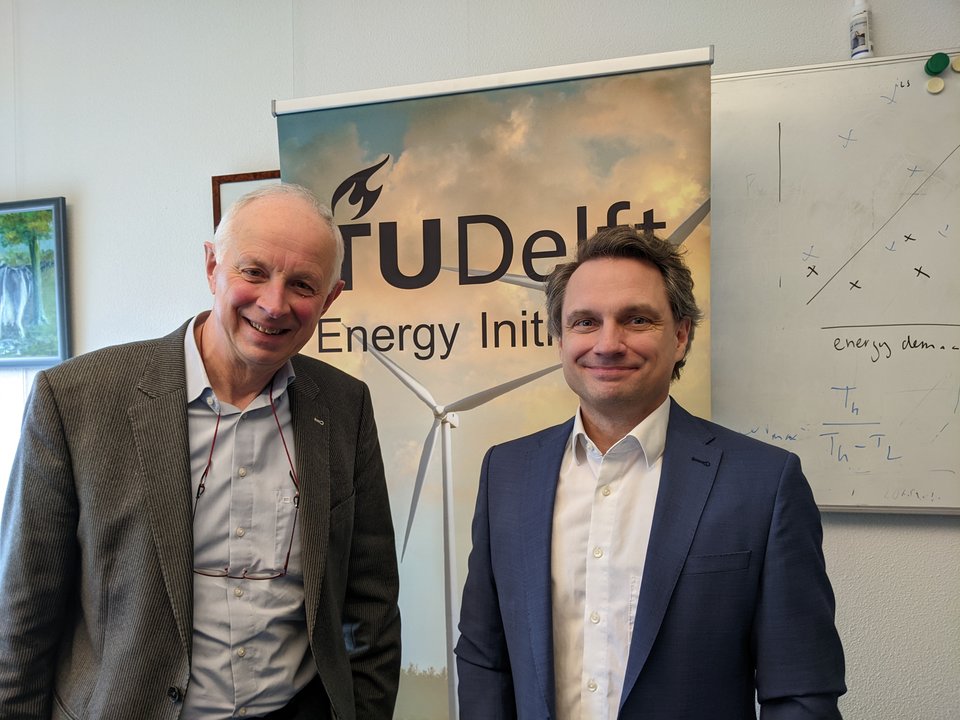News and Events
News
Events
mei
16
Climate Action and Delft Energy Lecture: "How Wall-E contributes to Europe’s autonomy"
21
e-Refinery National Symposium on Electrochemical Conversion
juni
13
Climate Action Programme lecture Regional Sea Level Rise
27
